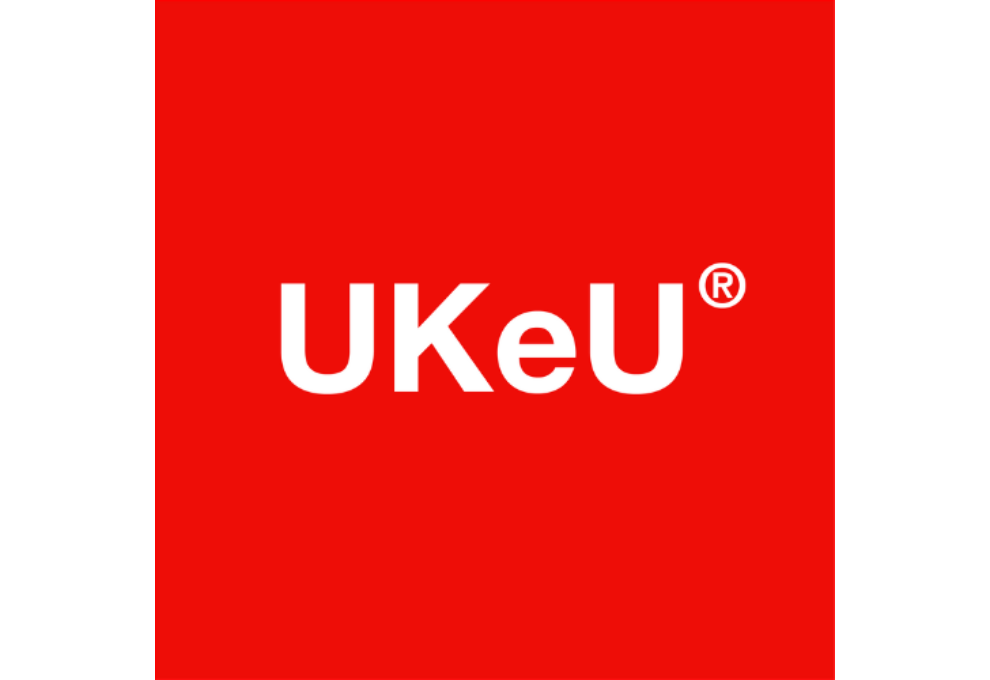TESOL UKComprehensive Accreditation

ACCREDITATIONLevel 5 Certificate in TESOL
-
The LRN Level 5 Certificate in Teaching English to Speakers of Other Languages (TESOL) is a UK National Qualification awarded by the Learning Resource Network (LRN).
-
LRN (Learning Resource Network) is an awarding organisation officially recognised by the UK Government through Ofqual, with the recognition number: RN5165.
-
All qualifications offered by LRN, including the LRN Level 5 Certificate in TESOL, are regulated and quality-assured by Ofqual – the Office of Qualifications and Examinations Regulation, the UK Government’s qualifications regulator.
-
Ofqual is responsible for monitoring, recognising, and maintaining the quality of awarding organisations and qualifications listed under the Regulated Qualifications Framework (RQF) of the United Kingdom.
-
[Verify official Ofqual recognition HERE]
- The LRN Level 5 Certificate in Teaching English to Speakers of Other Languages (TESOL) is officially regulated and recognised by the UK Government through Ofqual (the Office of Qualifications and Examinations Regulation), under the qualification number 601/8096/1.
- Official Ofqual listing and verification:
HERE
- The LRN Level 5 Certificate in Teaching English to Speakers of Other Languages (TESOL) is a UK Government–regulated qualification under Ofqual (Office of Qualifications and Examinations Regulation), with the official recognition code 601/8096/1.
- At Level 5 on the UK Regulated Qualifications Framework (RQF), this qualification is recognised as being academically equivalent to a Foundation Degree within the UK higher education system.
- The RQF is fully aligned with the European Qualifications Framework (EQF) and other national and regional qualification frameworks, enabling the LRN Level 5 Certificate in TESOL to be widely recognised for both academic and professional purposes internationally.
- Official Ofqual verification: HERE
Verification of equivalence with Foundation Degree (Level 5) in the UK and across Europe:
HERE
The LRN Level 5 Certificate in Teaching English to Speakers of Other Languages (TESOL) is a qualification regulated under the Regulated Qualifications Framework (RQF) — the national qualification framework for England, Wales, and Northern Ireland, recognised by the UK Government through Ofqual.
When comparing international academic levels, UK ENIC uses a 16-band framework, reflecting the range of learning outcomes from entry-level to postgraduate study.
According to this framework, qualifications at RQF Level 5 are benchmarked as equivalent to a Foundation Degree or Higher National Diploma (HND) within the UK higher education system and are categorised at Band 8 under the UK ENIC Band Framework.
See more HERE
- The programme aligns with Level 5 of the UK Regulated Qualifications Framework (RQF), which is fully compatible with Level 5 of the European Qualifications Framework (EQF).
- EQF Level 5 qualifications are recognised as equivalent to a Foundation Degree or Higher National Diploma (HND) within higher education systems across the European Union.
- Verification reference: HERE
The LRN Level 5 Certificate in Teaching English to Speakers of Other Languages (TESOL) is recognised in the United States and Canada through evaluation by World Education Services (WES), an international academic credential assessment authority.
See more HERE
The programme integrates the UK National Occupational Standards for the position of “Learning and Skills Teacher” (Code: ST0149), with an average annual salary of £40,067, according to official statistics from the UK Government.
See more HERE
The information regarding the programme, qualification, accreditation, and recognition is referenced from official sources of the UK Government, regulatory bodies, and other competent authorities. While accurate at the time of publication, this information may be subject to change without prior notice in accordance with updated policies or regulations of the relevant authorities.
Although recognition, cross-recognition, and equivalency frameworks are established on a transparent and well-documented basis, each country, ministry, or receiving organisation may apply its own rules when evaluating and recognising qualifications. Therefore, learners are encouraged to verify the relevant details directly with the receiving authority or institution before using the qualification for specific purposes.
In line with the principles of transparency and jurisdictional compliance, SIMI Swiss, OTHM, and related parties make no representation or warranty regarding qualification recognition, equivalency, immigration, or professional licensing in any country, ministry, or authority.
The above content reflects transparency and integrity in information disclosure, consistent with international academic communication standards.




























